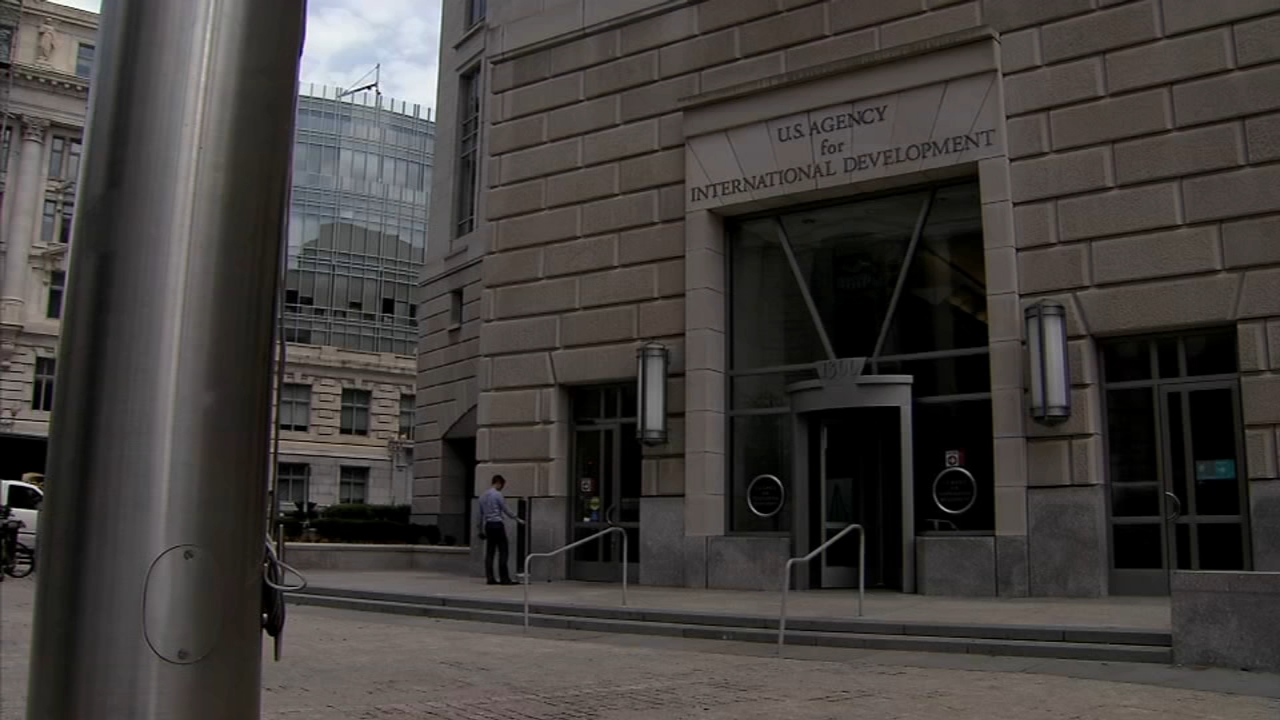How climate is impacting California's fire season, and a solution involving plants

SAN FRANCISCO (KGO) -- As wildfires continue to burn, scientists throughout the state are looking into the connections between these events and climate change.
Extreme heat continues to be a reason of concern for scientists.
"In Northern California, we are seeing really high temperatures in places like the Central Valley and in parts of the eastern Bay Area, certainly temperatures are rising year after year. This is in parts of the coastal Bay Area might be less perceptible, but in the eastern parts of the Bay Area in the valleys the heat is going to have multiple effects," said Tony Marks-Block, Cal State East Bay assistant professor of Environmental Studies.
According to the National Integrated Drought Information System, 10 of the largest California wildfires have occurred in the last 20 years.
MORE: Stanford study examines the lasting effects wildfires have on soil, posing new problems
In 2023, NIDIS's research found a connection between record breaking California wildfires and climate change. Their data showed that "summer burned areas in northern and central California have increased fivefold during 1996 to 2021 compared to 1971 to 1995."
"If you look at the long-term climate records in California over the last 40 years or so, we have seeing it warmer by about 1.5 degrees Celsius. In terms of Fahrenheit, it's almost double. So, let's say 3 degrees warming. That is just average on the whole year," said Dennis Baldocchi, professor of Biometeorology Department of Environmental Science, Policy and Management at the University of California Berkeley.
Professor Baldocchi is studying plants, the ecosystem and climate interactions.
"It's clearly the carbon dioxide that we have increased in our atmosphere throughout our combustion fossil fuels," said Prof. Baldocchi.
MORE: Here's how Stanford researchers are studying wildfires to mitigate risk as fire season approaches
Despite the latest wildfires in northern California, assistant professor Marks-Block says the ocean is helping the Bay Area get some relief.
"Temperatures are rising across the globe. Here in the Bay Area, we may not experience it the same way because we have the ocean that is moderating the effects of climate. It's a heat sink and it also cools the Bay Area with fog," said Marks-Block.
Professor Baldocchi is working with the state to restore wetlands and offset sea levels rising.
"The wetland plants - when they die, they get buried underneath the water column and there is no oxygen there, and that organic plant matter slowly turns into peat soil, and that can remove carbon from the atmosphere thousands of years," said Prof. Baldocchi.
Heat waves are also becoming more frequent, more intense and lasting longer. Scientist point to human amplified climate change.








